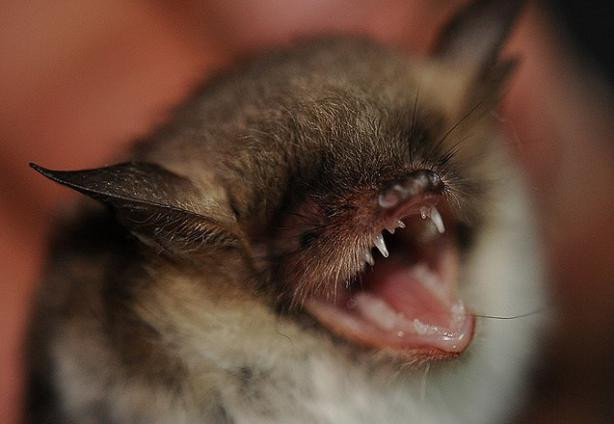A Grand Duchy resident has been bitten by a rabies-infested bat, authorities have disclosed. The incident took place “recently” during the night in the victim’s bedroom, the health ministry’s health inspection division said on Wednesday. The government said the person was “an inhabitant of a city in the south of the country.”
The bat in question was “neutralised” and sent to a specialised laboratory in Lorraine, which discovered the presence of the rabies virus. It was the first case of a wild animal contracting rabies recorded in Luxembourg “for several years”, according to the ministry.
Rabies is a viral disease that affects the nervous system in mammals and can be fatal for humans, the government explained. Around 55,000 people around the world are killed by rabies annually, according to the World Health Organisation. It is often transmitted through saliva, and signs of the disease typically appear between three and eight weeks after contact, although it can be longer. Humans are treated with a lengthy course of vaccination and antibody injections.
There are 21 species of bats living in the Grand Duchy, the nature and forestry administration and the national natural history museum reported on Thursday.
A study conducted between 2008 and 2008 found only 3% of wild bats in Luxembourg had rabies, they said.
Dealing with bats
The organisations warned that: “all bats are strictly protected under European and Luxembourg law. The killing of bats and the expulsion of their colonies is prohibited in all cases.”
The administration and museum noted that in contrast to rabid foxes or dogs, infected bats are “not aggressive” and “not every” bat discovered in a weakened condition is suffering from rabies.
Health officials have advised the public to “take precautions” with bats, “above all those exhibiting unusual behaviour”.
The health ministry has recommend residents not attempt to touch or trap bats, not to touch bat cadavers, and in case of a bite, lesion or scratch caused by a bat, “or all other contact with that animal”, to contact the national infectious disease service (Service national des maladies infectieuses) at the Centre Hospitalier de Luxembourg.
For additional non-emergency information, contact the public health inspection service by phone at 247-85650, the forestry administration at 40 22 01-309 or -314, or the national natural history museum at 46 22 33 414.
